By Abdulkhakimov Jaloluddin (Uzbekistan)
I’m a student from Uzbekistan, now pursuing a master’s degree in Teaching Chinese to Speakers of Other Languages at the School of Liberal Arts, Jiangsu University. Studying in China has long been my aspiration, yet it represents more than personal fulfillment – it continues a family legacy cultivated over more than half a century, a tapestry of affection and shared experience linking Uzbekistan and China across three generations.
My grandfather, a decorated World War II veteran, valiantly served on the Berlin front, contributing to the defeat of Nazi Germany. In 1945, his journey then took him eastward to Changchun. capital of northeast China’s Jilin province, where he joined Chinese forces in their resisting Japanese aggression. Though honored with multiple military medals, he cherished most profoundly the bond forged with the Chinese people during those turbulent years.
In my childhood, his wartime recollections were a constant presence. His voice would often tremble as he recounted the hardships and the extraordinary kindness he encountered. “Even struggling themselves,” he would say, “they sheltered me from danger, rushed to my aid in moments of crisis. When resources were scarce, they never failed to consider my needs.”
His eyes would glisten with emotion as he clasped my small hand. “It was the friendship of the Chinese people that gave me the strength and courage to carry on. One day, when you grow up, you must return there for me.”
Alongside these stories, he planted the first seeds of language in my mind – simple Chinese greetings like “hello” (ni hao) and “thank you” (xie xie). Long before fluency was conceivable, a quiet dream of China took root within me.
The connection deepened through my father. A linguist with a lifelong fascination for classical Chinese poetry, he never had the chance to study in China, yet this limitation never diminished his passion. He taught himself to read ancient Chinese texts and regularly organized gatherings for poetry lovers in Uzbekistan.
“Son,” he often advised me, “if linguistics is your calling, master Chinese. It will unlock the world for you.” His enthusiasm was infectious, fueling my own fascination with this ancient civilization and intensifying my desire to experience the Chinese culture.
When I received my acceptance letter from Jiangsu University, I was overwhelmed with joy. In September 2023, I embarked for China with my wife and children, carrying my grandfather’s hopes and my father’s encouragement. As the plane descended, I pressed my forehead against the window, watching the twinkling city lights of Zhenjiang unfold below. A quiet voice echoed in my mind: “Grandpa, I’m here. You came to fight for peace; I come to learn – to carry forward the friendship you cherished.”
Yet, just as I embarked on this new chapter full of hope, an unexpected challenge arose. Securing visas for my two children necessitated providing bank statements that prove sufficient financial resources to support them. However, as I had only recently arrived in China, I lacked requisite savings at my disposal. Helplessness set in until a phone call changed everything.
It was a Chinese friend I met in Uzbekistan. “You finally made it!” he rejoiced. Hearing the strain in my voice, he pressed gently until I confided the situation. Without hesitation, his response was both simple and profound: “Don’t worry. I can lend you the money. Take your time. I trust you. There’s no rush.”
His generosity – a trust both immediate and boundless – moved me to tears. It was a cross-border kindness, a living testament to the friendship my grandfather had so vividly described.
Today, my family and I reside contentedly in Zhenjiang. Our children, now in kindergarten, have forged friendships and absorbed the Chinese language at an astonishing pace, their chatter often leaving me convinced they will surpass me soon. Last April, I found profound pride while contributing to strengthened bilateral ties as an interpreter for an Uzbek delegation from Khorezm – a modest yet meaningful role in fostering our nations’ relationship.
Friendship, which derives from close contact between the people, holds the key to sound state-to-state relations. The enduring warmth and mutual support between the Chinese and Uzbek peoples are etched into my very being.
Following the tradition of my grandfather and father, I will pass on these stories of kindness and friendship to my children. It is a legacy I am honored to steward, confident that this unique bond, nurtured over generations, will only deepen in the years to come.
(Abdulkhakimov Jaloluddin is a Uzbek student at Jiangsu University.)
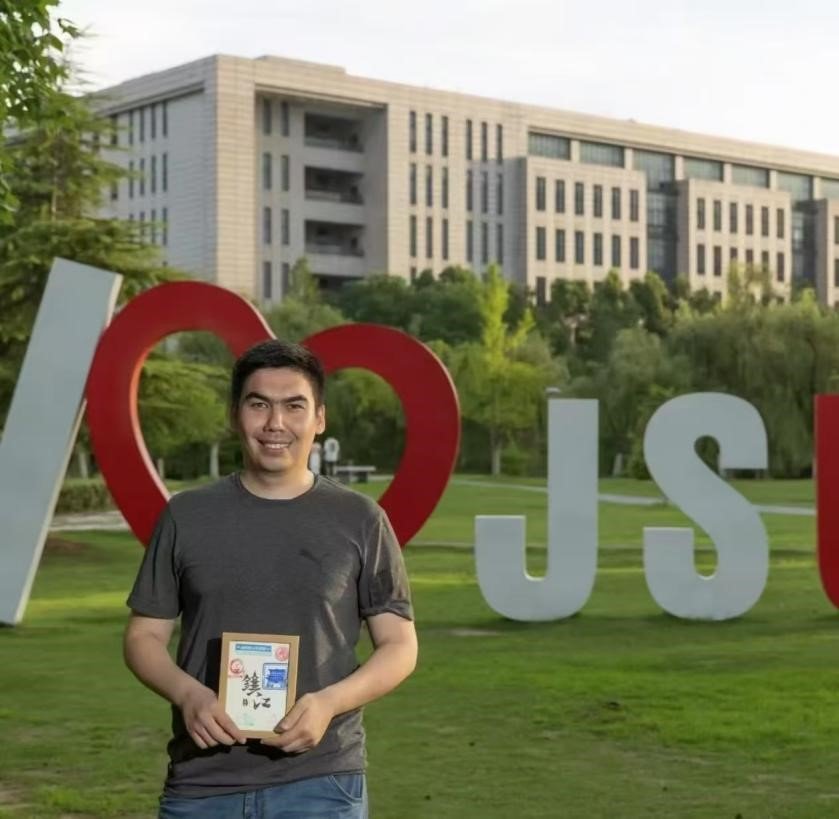
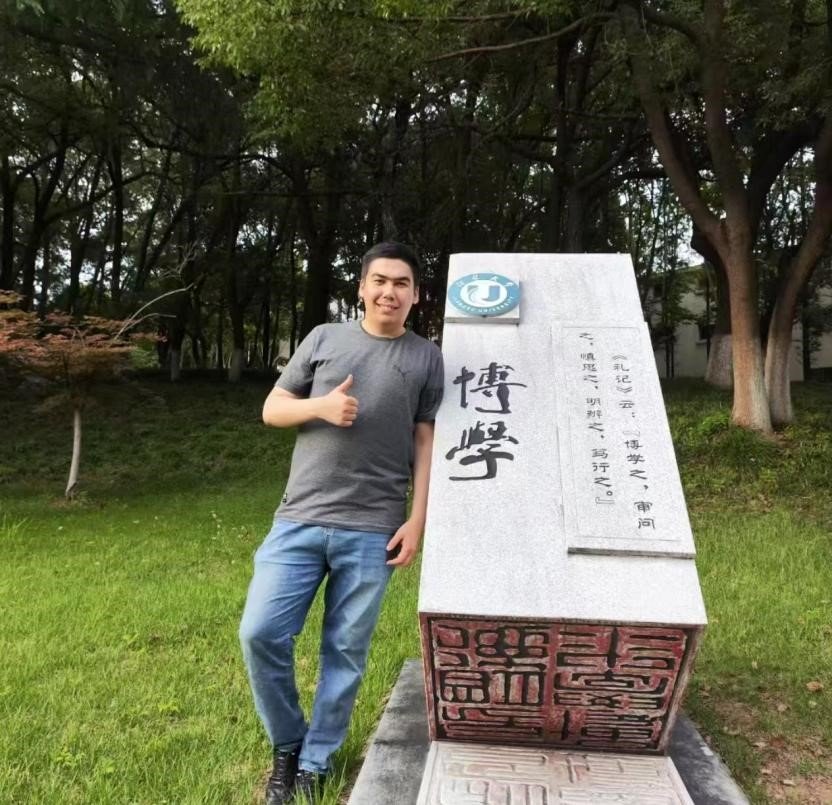


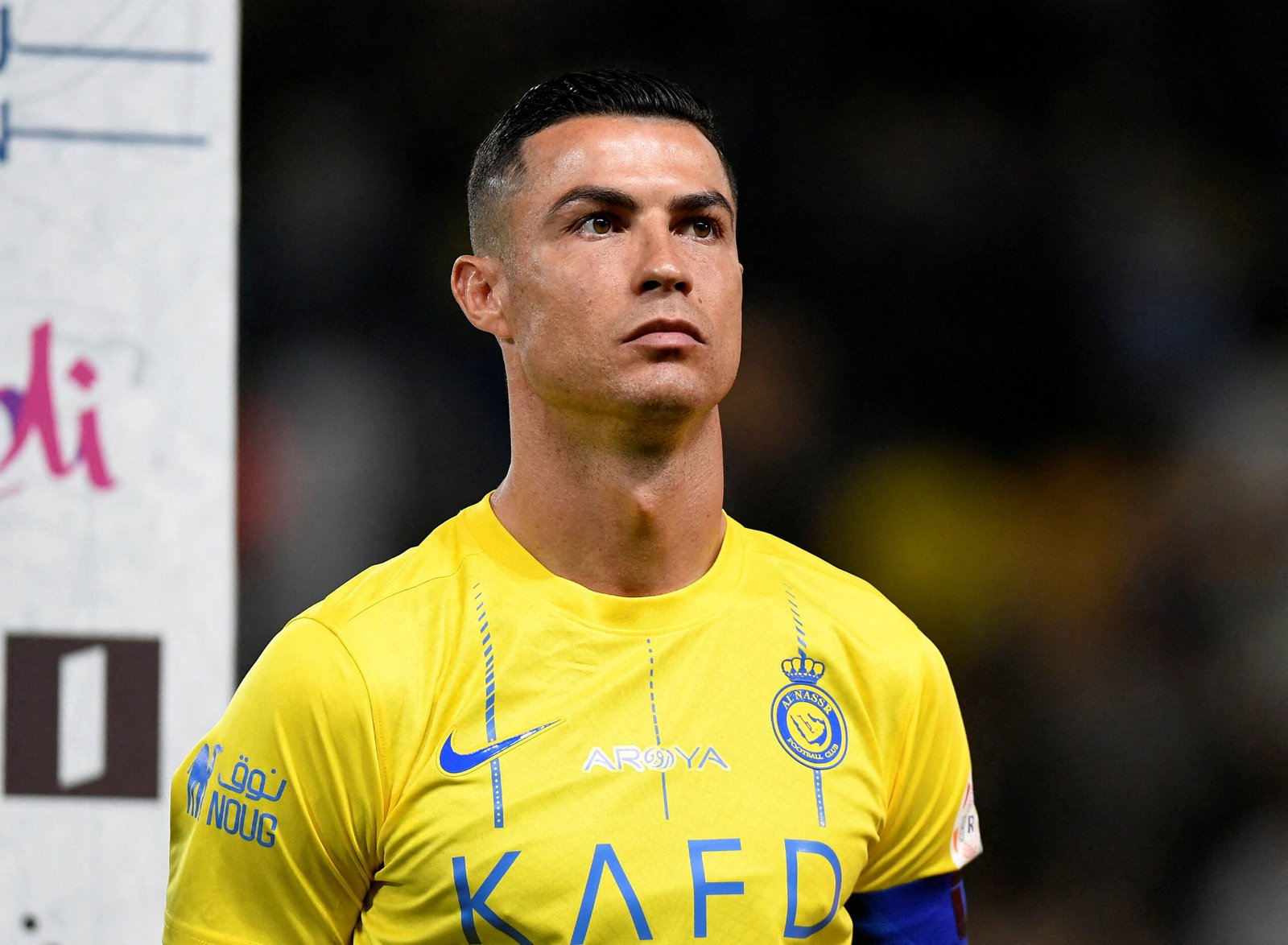

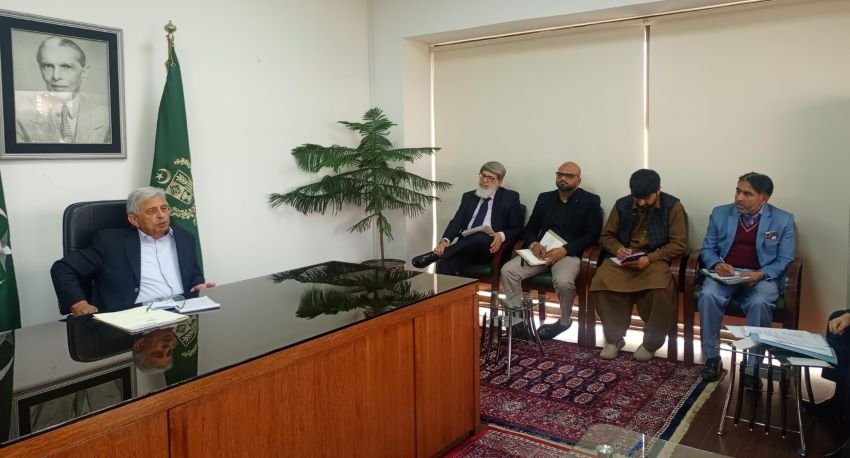
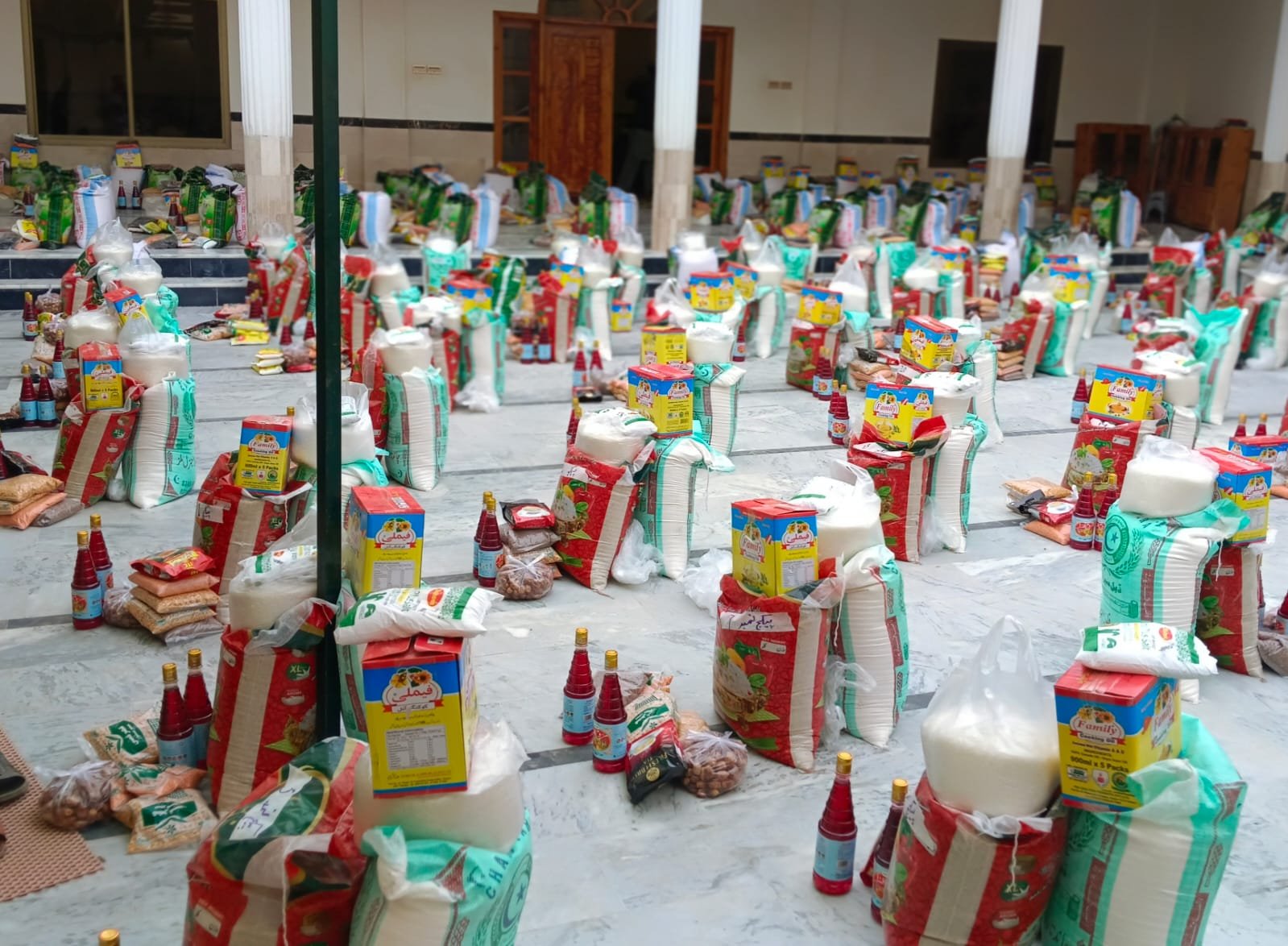
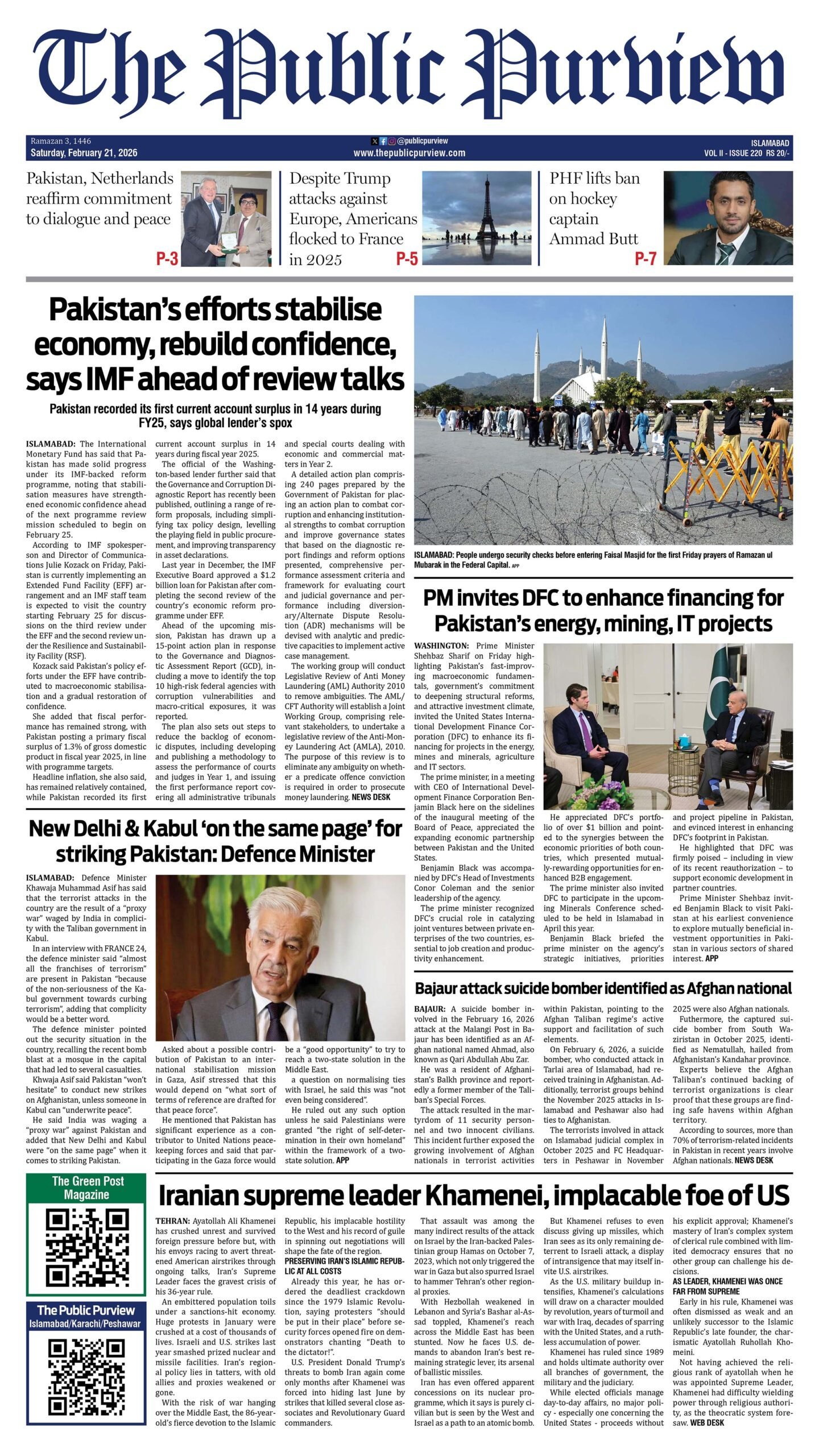 Today's E-Paper
Today's E-Paper